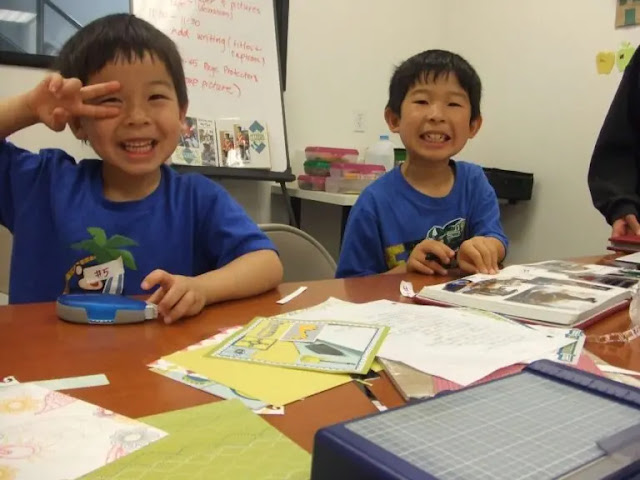Independence and Well-Being
I've been meaning to share an article I found back in March. It's an overview written by Emily Oster on a Commentary published in the Journal of Pediatrics entitled, "Decline in Independent Activity as a Cause of Decline in Children's Mental Well-Being: Summary of the Evidence" (Published first online, February 2,2023). The overview article is entitled, "What's Behind the Decline in Teen Mental health?"
You may have read that different organizations are observing a troubling trend among young people, specifically a marked decline in their sense of well-being. Especially recently, professionals that work with children and adolescents are puzzled why reports of feeling unhappy, dispirited, and anxious are rising. The data shows that this trend began around 2012 (long before the COVID pandemic, by the way). This article attempts to explain why we are seeing this trend among our young people.
Essentially, it claims another trend is (at least partially responsible for) driving this decline in well-being, namely a "decline over decades in opportunities for children and teens to play, room, and engage in other activities independent of direct oversight and control by adults,"
The authors worry that kids nowadays have very little free time to act independently. Instead they are supervised in school for most of the day and then equally structured during after school activities like sports and clubs. They point out also the current parenting tend to emphasize safety so that children aren't able to do things on their own. Helicoptering and snowplowing, these parents might be protecting their children, but they are also impairing their confidence and ability to act independently. They note similarly, contemporary kids are rarely given the opportunity to play with other kids without adults, to play freely on their own terms. Rare, they lament, are the kids who get to play outside all day until dark.
Smartphone use may be another face contributing kids having fever opportunities to act independently. The claim here is that time scrolling on your phone is inherently isolating. It's solitary, passive experience rather than a physical activity that connects you with others in the real world. If anything, kids nowadays are more dependent on their phones for their socializing, entertainment and knowledge of the world. Their sense of self is largely filtered through his technology, rather than built through the rich nuances of their five senses. Especially for kids, time on a smartphones is tragic substitute for living. And as it steals your life, reducing your capacity for independent action, your mental health may suffer.
If all this adds up, then we're really helping our kids by sending them to sleepaway camp. The opportunities they have at Rock Brook to act independently may be strengthening their overall well-being, serving as a buffer for some of the challenging influences of modern life. At very least, we know that girls love camp. they're both independent and happy while here. That seems like a great endorsement.



